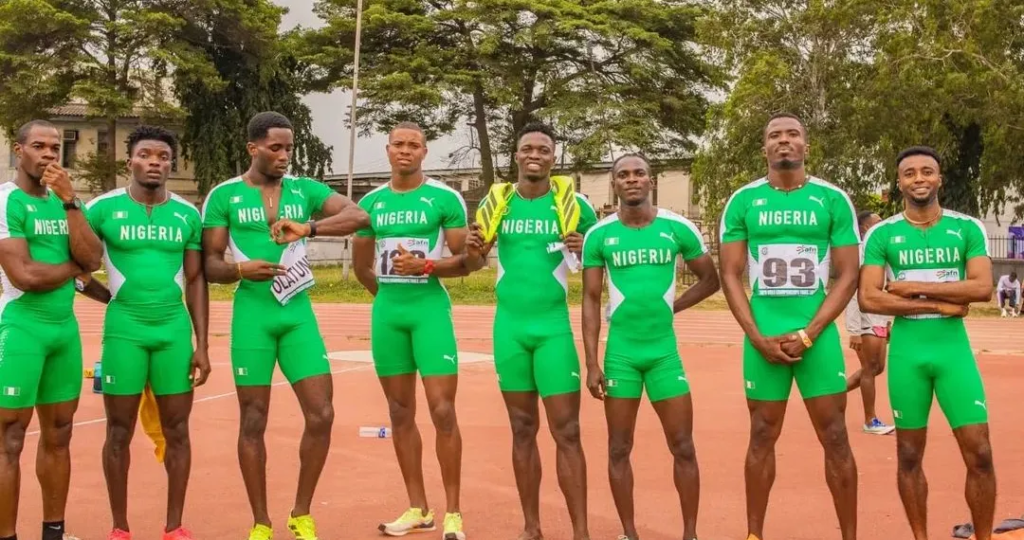
Nigeria is notably absent from the relay events at the ongoing World Athletics Championships in Tokyo, Japan — a rare occurrence for a country that has historically thrived in sprint relays on the global stage.
While social media speculation has suggested that the Athletics Federation of Nigeria (AFN) deliberately failed to register athletes as a form of protest against officials, evidence indicates otherwise. The primary reason is straightforward: Nigeria’s relay teams did not meet the qualification requirements set by World Athletics, the sport’s global governing body.
Relay qualification is not based on invitation alone. It follows a strict performance-based ranking system within a defined qualification window. Nations must record fast times in approved competitions to earn a spot.
Despite Nigeria’s strong relay history — with Olympic medals across the 4x100m and 4x400m — this is the first time in years the country has failed to qualify for any relay event at a World Championships. During the last qualification cycle, Nigerian relay squads did not post competitive times in recognised competitions, falling short of the global cut.
This failure reflects a combination of administrative lapses and inconsistent participation in international relay meets that count toward qualification points.
How World Athletics relay qualification works
World Athletics allocates 16 slots for each relay event: men’s and women’s 4x100m, men’s and women’s 4x400m, and the mixed 4x400m. These are filled through two pathways.
First, the top eight teams from the previous World Athletics Relays — a biennial event — earn automatic qualification for the World Championships and Olympic Games.
Second, the remaining eight slots are filled based on world rankings. Countries must record the fastest combined average of their two best relay times within the qualification window, with both results coming from recognised international meets with electronic timing and standard officiating.
The qualification period usually spans from the year before the championship until a few weeks before the event, meaning nations must actively compete during this window to stay in contention.
Why Nigeria fell short
Due to administrative lapses, including visa issues, Nigeria’s relay teams were unable to participate at the World Athletics Relays, which served as the primary pathway to qualification.
The country also failed to record competitive enough times in the qualification window to break into the world’s top 16. In several cases, logistical problems prevented Nigeria from fielding its best runners at major relay meets.
As a result, when World Athletics finalised the list of qualified countries, Nigeria was missing from all the relay events in Tokyo.
